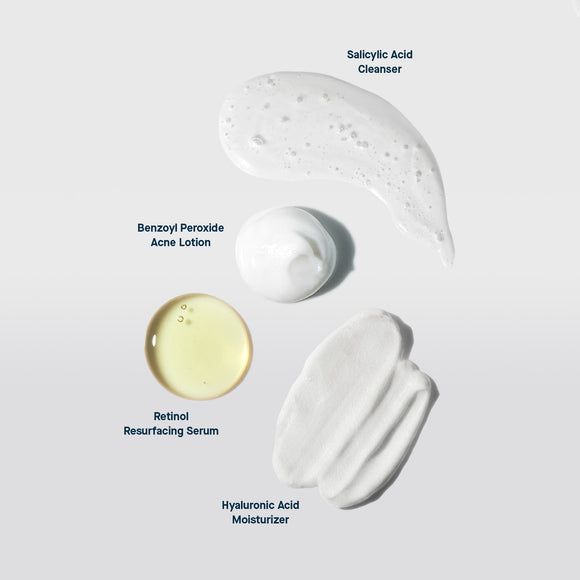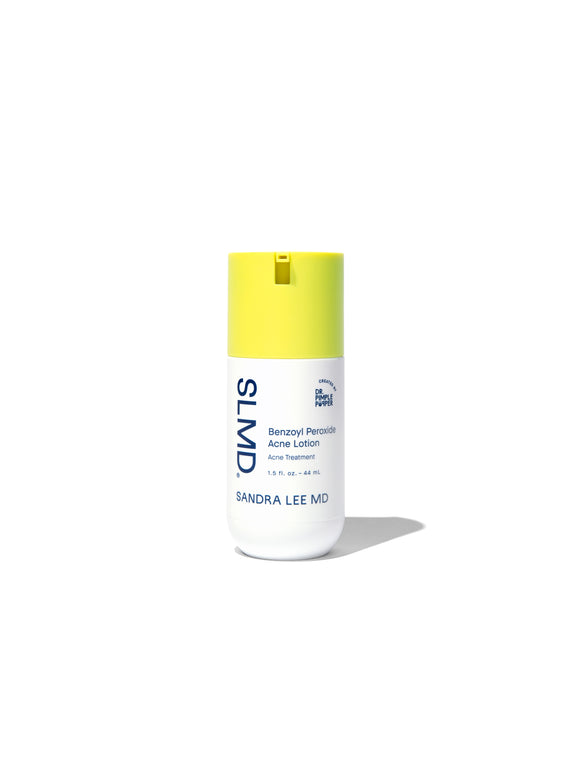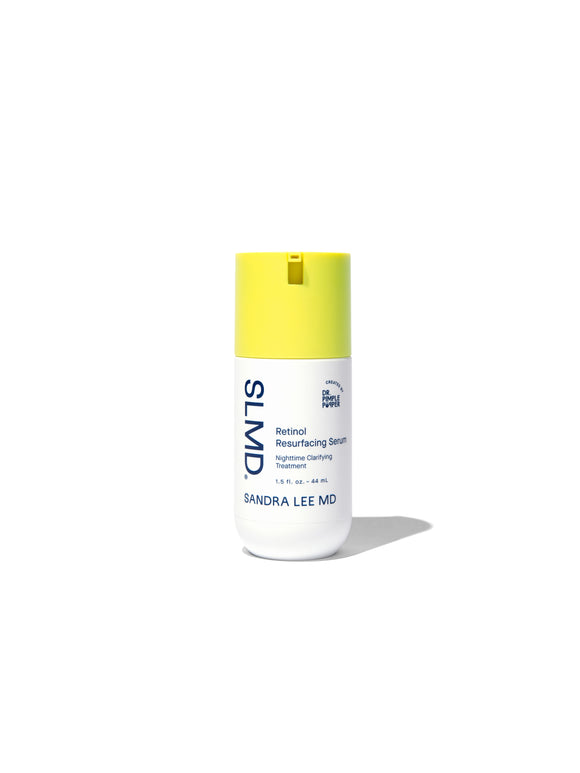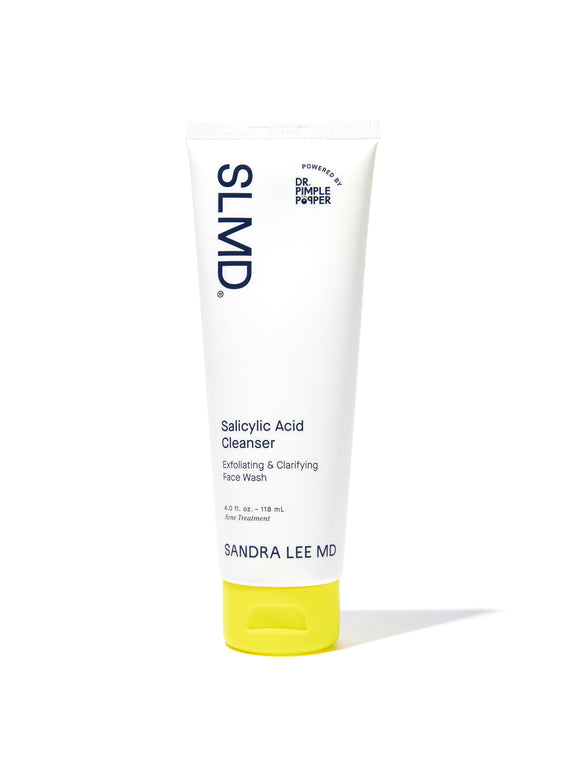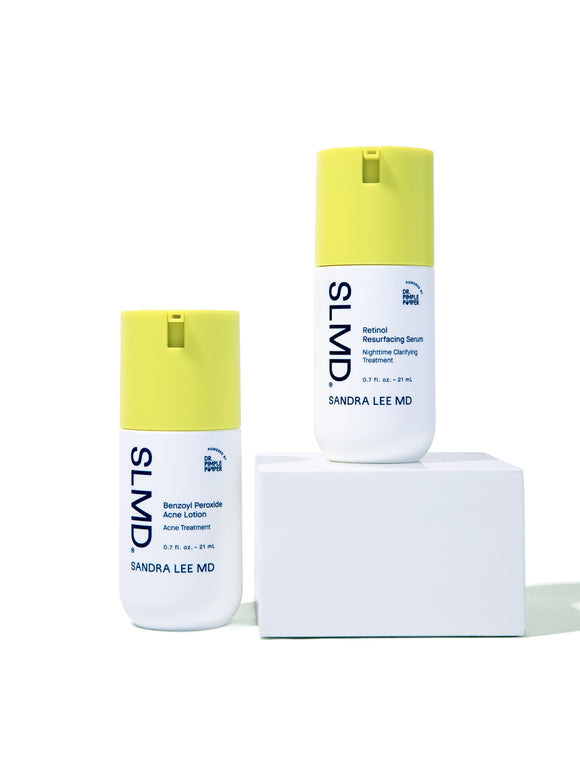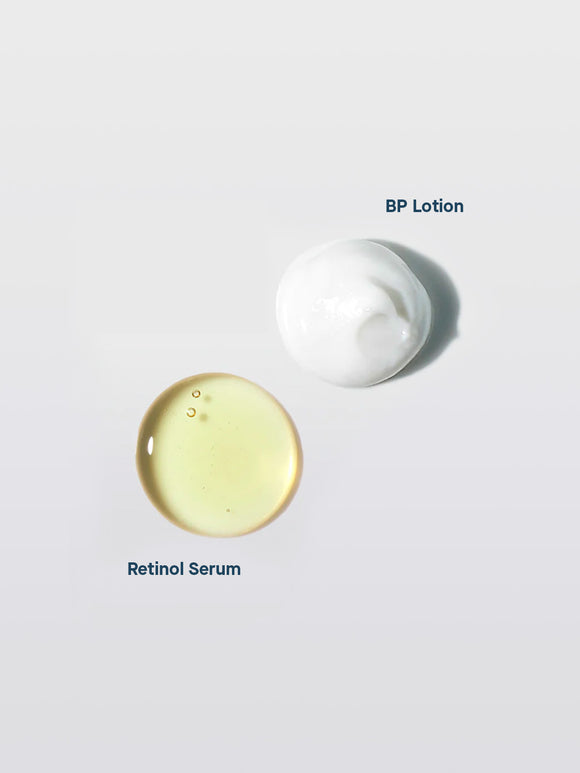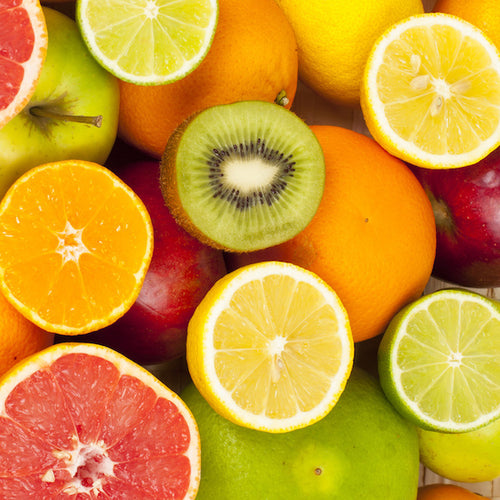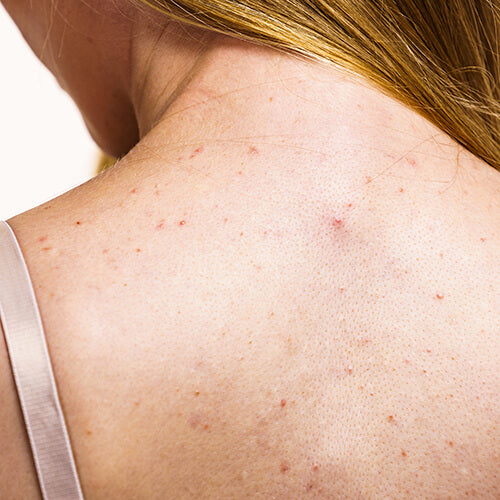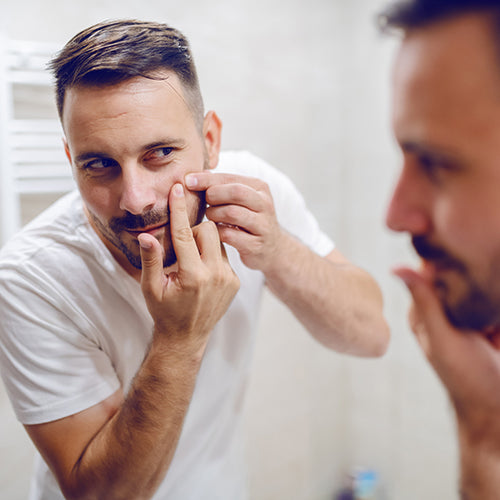
Do Greasy Foods Like Pizza Cause Acne?
Even dermatologists and researchers don’t fully understand the biological mechanisms behind the world’s most prevalent skin condition. So it’s no surprise that there’s confusion about whether or not greasy foods like pizza — or sugary sodas, or dairy — cause acne. For answers, we went straight to the expert: Dr. Sandra Lee, aka Dr. Pimple Popper.
Published:
2 minute read
For something that’s so common, acne remains something of a mystery for most people. It’s not your fault: even dermatologists and researchers don’t fully understand the biological mechanisms behind the world’s most prevalent skin condition.
So it’s no surprise that there’s confusion about whether or not greasy foods like pizza — or sugary sodas, or dairy — cause acne. For answers, we went straight to the expert: Dr. Sandra Lee, aka Dr. Pimple Popper.
Does greasy food cause acne?
According to Dr. Lee, the answer is…not exactly. “People have this misconception that greasy food somehow equals oily skin,” she says, “but our skin doesn’t work that way.”
Whether or not you have oily skin depends upon your pores, which contain your sebaceous glands. How large and how productive these oil producing glands are is largely dependent on your genetics and your hormones.
Moreover, just because your skin is oily doesn’t necessarily mean it’s acne prone. Though the two tend to go hand in hand — since pores clogged with oil and dead skin are the building blocks of breakouts — it’s very possible to have oily skin without acne.
Does sugar cause acne?
Some studies have shown that diets high in refined carbohydrates (think: cereal, white bread, white rice, sugar, corn syrup) lead to an increased risk of having acne. While more research is needed, one fact is clear, says Dr. Lee: refined carbs spike blood sugar levels, which leads the body to release more insulin. In turn, higher insulin levels stimulate androgens — hormones responsible for increasing sebum production. And (in case you missed it), more sebum tends to mean more acne.
Does eating dairy cause acne?
If you’re paying attention to the pattern, you already know the answer to this one: consuming dairy foods doesn’t directly cause acne, but research shows it may play a role. Dr. Lee explains that the hormones contained in milk may be to blame: there is some evidence that consuming both the naturally occurring hormones, as well as added growth hormones, can lead to inflammation. In theory, this in turn can leave skin more susceptible to breakouts.
Can you still eat junk food if you have acne?
“I’m a big believer in ‘everything in moderation,’” says Dr. Lee. “If you’ve got acne and you want to eat pizza, eat pizza sometimes — just balance it with something healthier.” She says that if you notice an immediate breakout after eating certain foods, however, you may want to explore further and/or limit that food in your diet. Talk to your doctor if you suspect you have food allergies.
But the best way to keep breakouts under control, Dr. Lee shares, is to maintain a consistent skincare routine that includes key ingredients like salicylic acid, benzoyl peroxide, sulfur, and retinol. SLMD Acne System is a simple, 3-step routine that helps manage acne at every stage.
Dr. Lee’s last word
Patients are always asking me if their diet contributes to their acne. The fact is, dermatologists suspect that certain foods probably affect your skin health, but the research is ongoing. To a certain extent, the old expression ‘You are what you eat’ is a smart philosophy to live by, whether you have acne or not. Healthier food definitely keeps your body — including your largest organ — healthier, too.
—Dr. Sandra Lee




